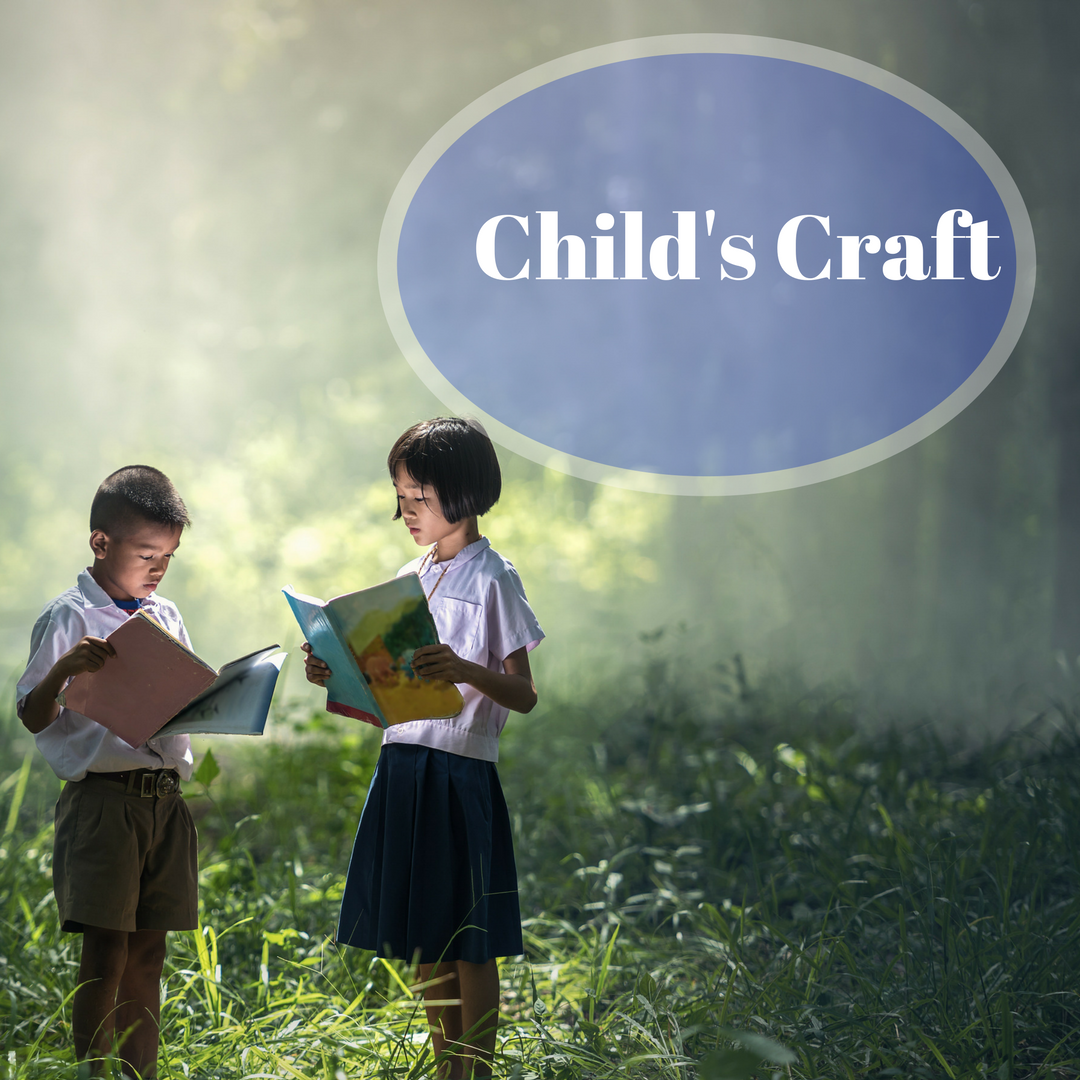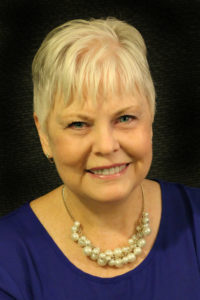A Quick Look at the Two
Middle Grade:
Age of readers: 8 to 12 or 13
Length of books: 30,000 to 50,000 words
Content restrictions: No profanity, graphic violence or sex
Age of the Main Character: usually 12 or 13
Focus of the Main Character: friends, family, school, the immediate world and relationships.
Voice: usually third person
Young Adult:
Age of readers: usually 14 to 18
Length of books: 50,000 to 75,000 words
Content restrictions: Profanity, graphic violence, romance and sexuality are allowed if pertinent to the story.
Age of the Main Character: usually 14 or 15 for younger YA books, 17 or 18 (but still in High School) for older YA books.
Focus of the themes: YA MCs discover how they fit into the big world outside their family, friends and school.
Voice: usually first person
Ask Yourself The following Questions:
(Do this BEFORE you get into writing the manuscript.)
How old is the Main Character of the story?
9 to 12 years old means the story is for Middle Grade students. 14 to 18 means the story is for a YA audience. Avoid a 13 year-old Main Character.
What kind of strong language does the book contain?
Middle Grade books stay away from cursing. Some publishers allow peripheral characters like parents or coaches to do mild cursing a little. Words like “darn” are permitted.
If the Main Character and or their friends use profanity or sexually explicit words the book is for Young Adults. But publishers insist that the profanity serves a purpose, that it is critical to the character or to the voice. They don’t want profanity just for the sake of making a book edgy.
How graphic and how frequent is violence in the book?
Often General Market publishers follow the same guidelines for violence as the ratings for movies and TV programming. Some Christian Market publishers allow more violence than others.
CHECK AND FOLLOW THE PUBLISHER’S GUIDELINES EXACTLY.
If you choose to add profanity or violence to the story remember that much less is allowed in Middle Grade books than in Young Adult books. That means much less violent, much less gory, much less frequently. Often the violence is reserved for the end, the last battle or the darkest moment in a Middle Grade book.
How much, and what kind of romance is in the story?
A crush, some hand-holding, a lot of blushing and embarrassment and maybe a peck on the cheek means the book is for Middle Grade.
If the Main Character (and others) are “in love,” have sexual contact or talk about sex, experience making out, real kissing or more, the book is for Young Adults. Even if these topics are not committed but are strongly hinted at, discussed or imagined, the book is for Young Adults.
How does the main character experience and interpret life and the world?
If the story centers around home, family, school, friends the Main Character probably experiences the story and their personal changes internally. That is typical of a Middle Grade book. The characters change but stay within the confines of their smaller world. They are just beginning a journey into seeing life a different way. They experience the events of the story, but aren’t especially aware of what they are feeling and why. They are not really analyzing life.
If the Main Character’s world expands during the story so that they start questioning and thinking about their place in the bigger world beyond home, family, school and friends the story is for Young Adults. The Main Character is experiencing the world externally and beginning a journey to find their place in the bigger world and see life differently. They tend to be introspective and analytical about their experience and how it affects their life.
Jean Hall lives in Louisville, Kentucky. She is represented by Cyle Young of Hartline Literary. Her premier picture book series Four Seasons was recently signed by Little Lamb Books. Jean is a member of the SCBWI, Word Weavers International, and the Kentucky Christian Writers. Visit Jean at www.jeanmatthewhall.com, on Facebook at Jean Matthew Hall, and on Twitter as @Jean_Hall.









No Comments